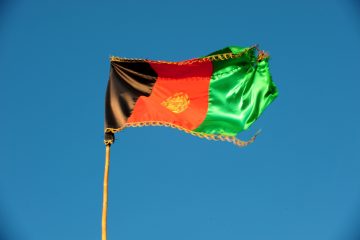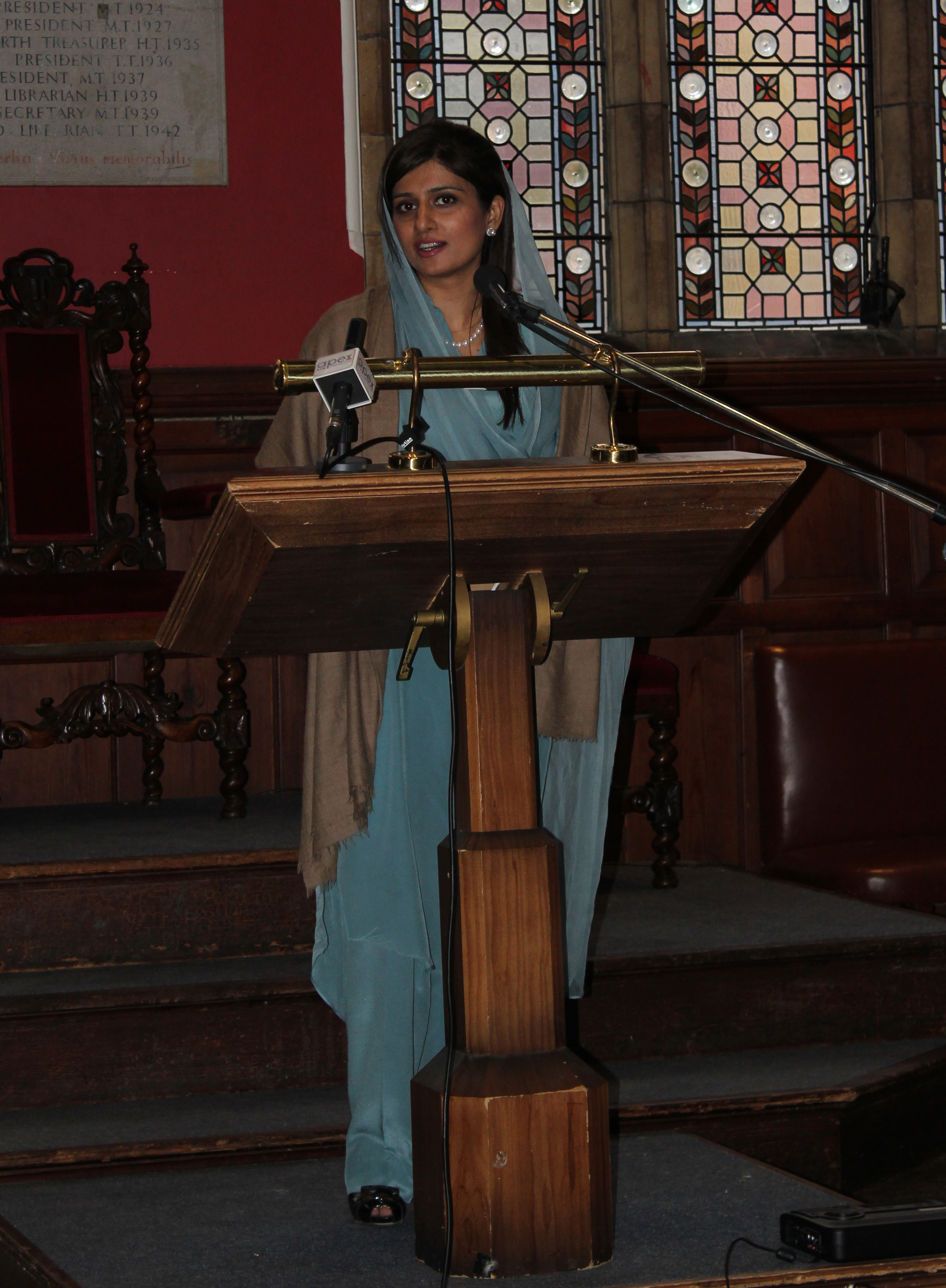Mongolia’s Debt Overhang Amidst a Pandemic
As the economic effects of the COVID-19 pandemic unfold, the most severe casualties of “The Great Lockdown” are resource-dependent economies with limited institutional capacity to respond to the crisis. Their supply chains have been cut off, their markets are disrupted, and their investors are crowding out. Many of these countries have high external debt and an obligation to repay it in the medium term or they will face the trilemma of registering a double-digit growth, accruing further debt, or defaulting. Come 2021, Mongolia, a superlatively resource-dependent economy, will be at the center of this trilemma. The immediate cause of Mongolia’s current state is its inconsistent fiscal expenditure and its undiversified mining economy. Over the years, fiscal mismanagement of the previous …

From Area to Area: The Changing Face of Area Studies
North Korean Studies: the focus on the hermit kingdom, its politics, economics, and society; the kingdom that poses a real-life threat to South Korea, and the world order as we know it today; a unique Marxist-Leninist state in the twenty-first century. Why focus on this particular area? More broadly, why devote time, funding, and research to the study of specific “areas” of the world? Surely an increasingly interconnected globe has rendered redundant the concept of a fixed “area”? The field of political geography—including geopolitics—has witnessed lengthy definitional and procedural debates around the field of area studies. North Korean studies—an area study in itself—offers a plethora of avenues for insight into area studies more widely in debates on how “best” to …

New Challenges – Is the Taliban in Transition?
On 21st May, an American airstrike killed Taliban leader Mullah Akhtar Mansour in the Pakistani province of Baluchistan. This operation, which involved multiple drones, comes as a relief to many, as Mansour had been actively planning and carrying out attacks across Afghanistan. According to the US Secretary of State John Kerry, Mansour ‘posed a continuing imminent threat to US personnel in Afghanistan, Afghan civilians, Afghan security forces, and members of the US and the NATO coalition.’ The killing of the Taliban leader, however, is likely to lead to unwelcome consequences, and will hamper peace talks between the insurgents and the government. The issue of peace talks has always been unpopular among the Taliban’s most senior leadership. In the wake of Mansour’s …

Reflections on Pakistan Foreign Minister Hina Rabbani Khar’s visit to Oxford
The Foreign Minister of Pakistan, Ms. Hina Rabbani Khar, was hosted on 20th February for a talk at the Oxford Union by the Oxford University Pakistan Society and the Oxford Union Society. As the young female foreign minister of a country embedded in popular media imagination as a haven for all sorts of retrogressive elements, Ms. Khar’s visit was bound to generate a lot of interest among the student body. And so it proved as around 200 students attended Ms. Khar’s address which was covered by Pakistan’s major media outlets. The content of Ms. Khar’s speech was quite broad and overarching wherein she not only covered her own domain of Pakistani foreign policy but also set out what she believed …

Afghanistan’s human rights gains are too precious to compromise
Compared to the Taliban era of the 1990s, Afghanistan has made impressive gains in the sphere of human rights, especially women’s rights. The Afghan constitution prohibits discrimination between citizens “whether man or woman”. Consequently, Afghan women have a visible presence in parliament, cabinet, civil administration and media. As pillars of civil society activism, they have played a crucial role in expanding female education across the country. For the moment, the Afghanistan Independent Human Rights Commission keeps the government under scrutiny and the country’s vibrant media promotes a culture of free enquiry in what is still a predominantly tribal society. What Afghanistan has been able to achieve in the middle of a war, with international help, was virtually unthinkable over a …

The seeds of a green spring: young leaders meet in Oxford to debate Pakistan’s future
For three days (February 3-5) Oxford University was the venue for the Pakistan Future Leaders’ Conference (PFLC), attended by some 300 student-delegates hailing from around 50 universities and colleges in the United Kingdom. This major event was organised by Oxford University’s Pakistan Society, in collaboration with the Oxford Union, and the Pakistan societies of Cambridge University and the School of Oriental and African Studies. Such a large gathering of young Pakistanis in Oxford was reflective of an emerging ‘youth moment’ currently setting the course of politics in Pakistan. Cricketer-turned-politician Imran Khan, who is also an Oxonian, has already tapped into this phenomenon. His recent political rallies in Lahore and Karachi attracted exceptionally large crowds of younger people, forcing the country’s …









